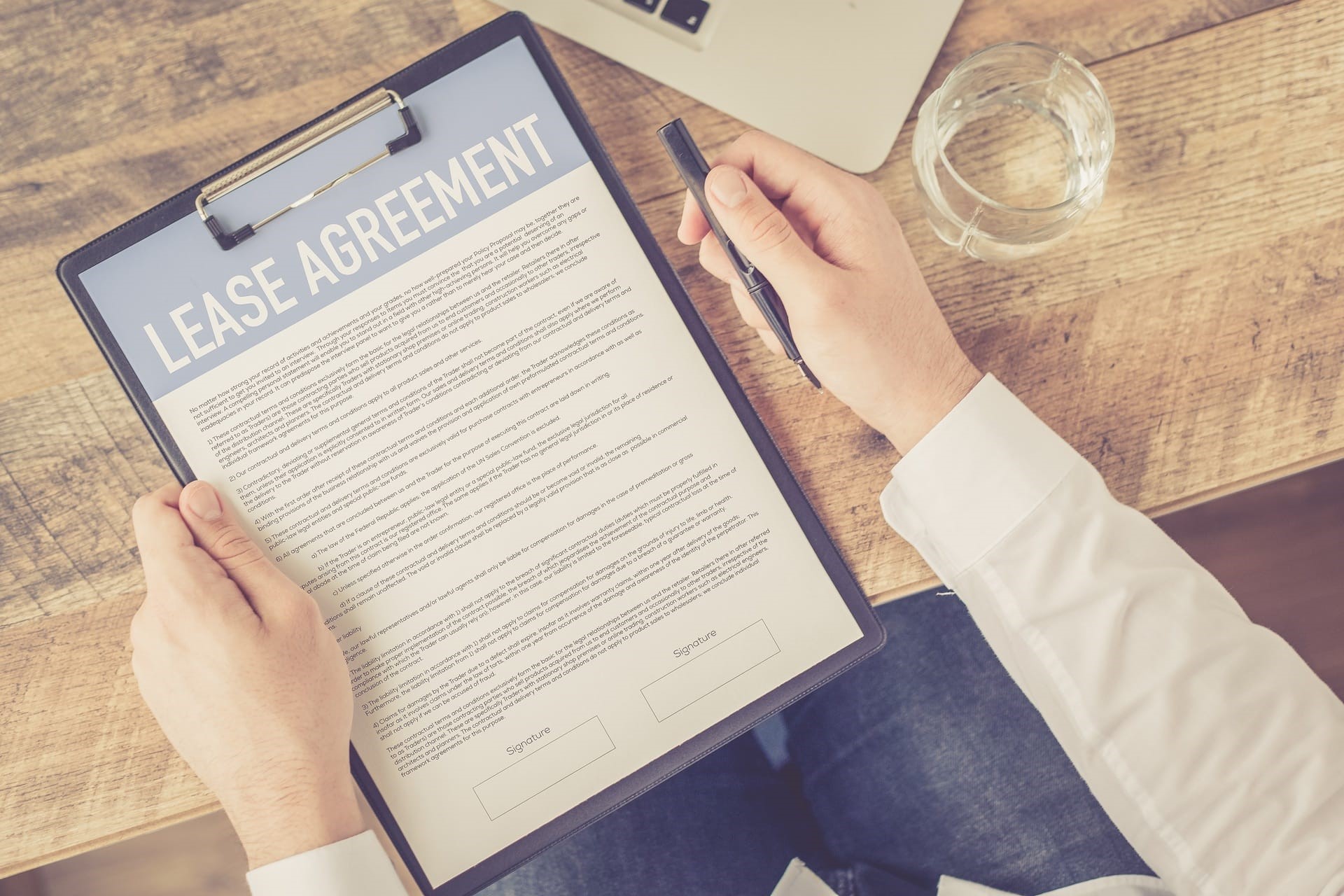Retail leases in Australia can be assigned with the landlord’s approval. This process is known as a lease assignment.
A lease assignment is when the tenant transfers their rights under the lease to another party. This can be done for a variety of reasons, such as if the tenant wants to sublease the space or sell their business.
However, it is important to note that not all applications will result in the landlord allowing their tenant to assign their lease. If the information put forward does not meet the criteria of the landlord then the application may be refused.
If you are selling your business it really does not matter how well you have negotiated and what deal you have agreed with a buyer, if you can’t assign the lease to your buyer the deal may just fall over.
It is therefore extremely important that you check the assignment clause in your lease before taking any other action.
Typically, the assignment clause will give the landlord the right to approve any assignment, and may also set out other conditions such as the requirement for the tenant to provide financial information or carry out repairs before assignment.
The assignment clause will also quite often outline that if you are in breach of lease in any way then the assignment may be refused. Make sure that all rent an outgoings are paid and up to date and make sure that you have not breached the lease in any other way.
What information will Landlords Typically Require?
When looking to assign a lease, landlords typically require that the new tenant meets certain criteria. First, the landlord will want to make sure that the new tenant is financially qualified to pay rent.
Secondly, the landlord will most likely want to know that your buyer has the right business and industry skills to be able to run the business and of course to pay the rent.
The landlord may also want to review the buyer’s credit history and rental history to ensure that they have a good track record. In addition, the landlord may require that the new tenant meets certain insurance requirements.
Some of the key documents that will help with a strong lease assignment application are:
A Retail Lease Application Form
If your landlord uses a managing agent then they will most likely require an application form to be completed. There is a standard Retail Lease Application Form that can be found online but many agents have their own version.
Once you are confident that you have a deal locked in then reach out to your landlord or their agent and find out exactly what information they require to process the application.
An Assets and Liabilities Statement
A personal assets and liabilities statement is a document that lists your buyer’s financial assets and debts. This information can be used by your landlord to assess the buyer’s financial health and can help to make the decision to approve the assignment easier.
The statement typically includes information on bank accounts, investments, mortgages, and other types of debt. Personal assets and liabilities statements can be prepared by the buyer themselves or by their financial advisors.
Supporting Documents for Assets and Liabilities Statement
It is important that the figures added to the Assets and Liabilities Statement are validated, your landlord will want to check these. Depending on what your buyer has listed make sure these figures can be cross-checked by the relevant documents.
This would include documents such as:
- Bank Statements
- Mortgage Statements
- Rates Notice (proving property ownership)
- Credit card statements
Identification Documents
In most cases your buyer will need to provide 100 points of ID. This can be provided by supplying certified copies of the documents below.
Primary documents usually account for 70 Points theses are documents such as:
- Birth Certificate
- Citizenship Certificate
- Current Australia Passport
- Expired Australian Passport which has not been cancelled and was current within the preceding two years
- Current passport from another country or diplomatic documents
Secondary documents (these must have a photograph and a name). The first item from this list is worth 40 points. Any additional items used are worth only 25 points each. Secondary documents include:
- A current driver’s licence issued in Australian
- Identification card issued to a public employee
- Identification card issued by the Australian or any state government as evidence of a person’s entitlement to a financial benefit
- Identification card issued to a student at a tertiary education institution
Details about Your Buyer’s Previous Experience and Background.
Many assignment clauses will refer to the buyer requiring equal or greater industry experience to yourself.
Depending on how much experience your buyer has and how much emphasis you feel your landlord will put on this matter will determine how much information you will need to put together here.
A resume and cover letter should be the bare minimum. The resume should highlight relevant industry experience and the cover letter is a great way for your buyer to introduce themselves to the landlord.
References – If possible see if your buyer is able to get some commercial references. If they have had a business previously then references from suppliers should be quite easier to obtain.
Previous Business Financials – If your buyer has owned a business previously then see if they can put together a snapshot of the financials of that business to demonstrate that they know what they are doing.
Details about Previous Lease/Rental Agreements
If your buyer has previously rented another shop or even a house or unit a reference from the other landlord or agent will help to strengthen your buyers application.
Information About Where the Business is Going.
It’s not essential that your buyer puts together a full-blown business plan but putting together a document that outlines the structure of the business and how they see things going in the short, mid, and longer term will really help.
This document should include a marketing plan, financial projections, details about the team, details about new products etc.
Company Information
If your buyer is operating as a company then it’s a good idea to include the certificate of registration.
Details about the training and handover plans
If your buyer has less experience it can be useful to let your landlord know about how you are handing over the business to them. If you have arranged a training period then make sure that the landlord is aware of this.
Ultimately your landlord is just looking to make sure that they are minimising their risk. If you can demonstrate that you are setting your buyer up for success this will help them to feel more comfortable with the assignment.
Consider a Face to Face Meeting
Using your judgment about the two parties consider setting up a face-to-face meeting. Sometimes things get missed or lost in documents and emails. If your buyer is personable and presents well then setting up a meeting with your landlord or agent can be a great way to introduce them to each other and allow the buyer to pitch themselves.
Whilst this list is not exhaustive if you use this as a guide you will be covering most of your landlord or agent’s requirements. The more prepared you are before you seek permission the better your chances will be of getting a positive response.
Good luck!
![]()






